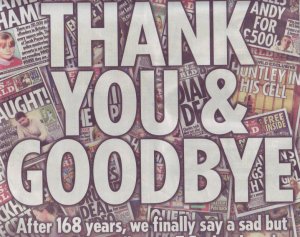
At a time when British culture and society is going through a remarkable memorializing process about the ‘Great War’ of 1914-18, I have been impelled to elevate what I would regard the ‘forgotten history’ of Goldsmiths’ first Warden William Loring (1865-1915).
He not only laid the college’s key foundations for academic excellence and educational leadership, but was an incredibly courageous soldier who gave his life for his country at the age of 50 during the Gallipoli campaign. He was a decorated warrior having served valiantly in the second Boer War of 1899-1902. He commanded an officer cadet force at the College, and enthusiastically rejoined his Regiment, The Scottish Horse, on the outbreak of the First World War. He was grievously wounded in front line action in the ill-fated invasion of Turkey, died of his wounds on a hospital ship, and was buried at sea in the Aegean.







